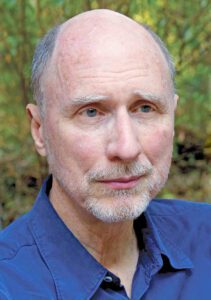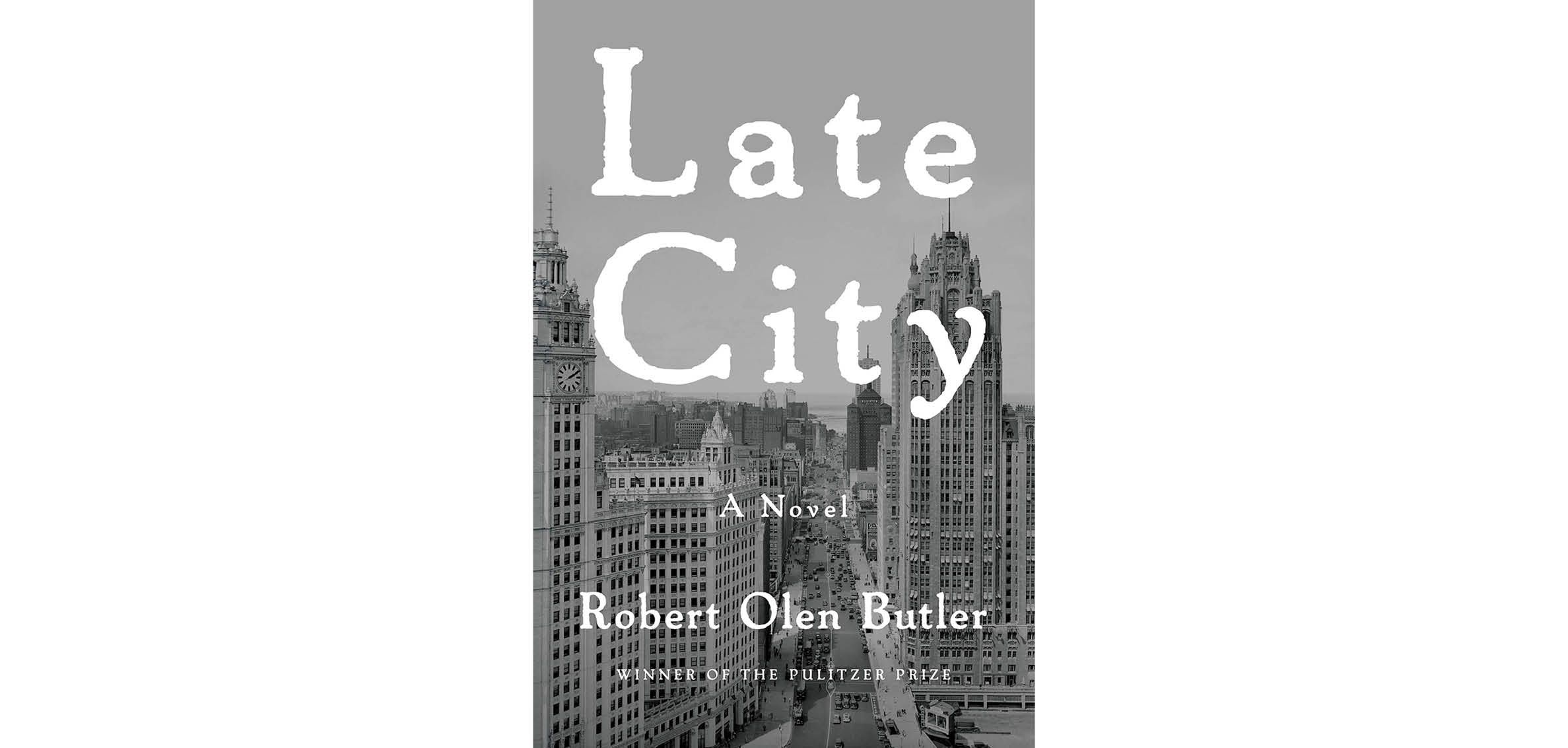Off the page: ‘Late City’

Louisianans might remember Robert Olen Butler best for 1993’s A Good Scent from a Strange Mountain, his Pulitzer Prize-winning collection of tales about Vietnamese immigrants making a living in the Pelican State. In Late City, the native Midwesterner and Vietnam War veteran once again returns to Louisiana—where he taught creative writing at McNeese State University for 15 years—but this time through the eyes of 115-year-old Sam Cunningham, the oldest living WWI vet awaiting his last days in a Chicago nursing home. Sam isn’t alone, though. As he watches the news declare Donald Trump’s 2016 presidential victory, he begins to relive memories of figures drawn from the past, from his abusive father to Al Capone and Huey P. Long, whose shenanigans he covered during his days as a newspaper journalist. Oh, and God is there, too.
“So talk to me, Sam,” says the almighty voice. “Who are you?”
The question would stump anyone, especially when proffered by one’s own creator. But with Butler at the helm, the impending journey into Sam’s “dreamstormed” recounting of the 20th century never settles into a finite reply. The mysteries observed in childhood, for example, filled with visions of cypress knees like “steeple caps of wizards waiting to rise from the water,” are separate from the mysteries observed by a young reporter seeking his purpose as a chronicler of history. More complicated, too, are the mysteries observed by Sam as a family man wrangling with the mask of masculinity in the effects of world war and the weight of personal tragedy.
On occasion, Sam even wonders if his memories—“relived as they happened,” according to God’s instructions—are even accurate, confused by what can seem like inappropriate levity in retroactively dire scenarios, or vice versa. Hindsight is 20/20.
Nonetheless, the historical wefts do form a fabric through Sam’s re-experience of his life, leading up to the familiar divisiveness of America’s more recent decades. And although no writer can claim to reveal the true meaning to the story of one’s life or one’s nation, there is something to be said for why Sam holds such fondness for the “late city” editions of his beloved newspapers. Printed in the dark hours before the twilight of a new day, one suspects that their words amount to much more than “a last-hour chaos of fragments from an arbitrary bracket of time”—or perhaps that’s all part of the charm.












